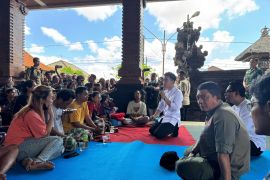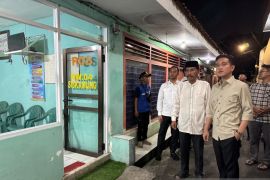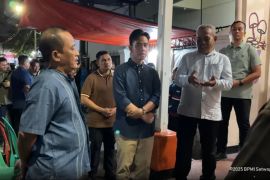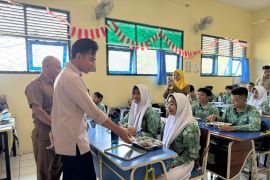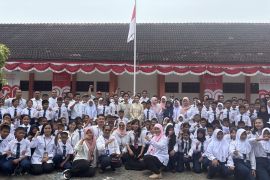The meeting was attended by Coordinating Minister for Human Development and Cultural Affairs Puan Maharani, Social Affairs Minister Khofifah Indar Parawansa, Health Minister Nila F. Moeloek, Manpower Minister Hanif Dhakiri, Education and Culture Minister Anies Baswedan, Finance Minister Bambang Brodjonegoro, Coordinating Minister for Economic Affairs Darmin Nasution, National Development Planning Minister Sofyan Djalil, Religious Affairs Minister Lukman Hakim, and Villages, Disadvantaged Regions and Transmigration Minister Marwan Jafar, among others.
TNP2K Executive Secretary Bambang Widianto said the latest data revealed that the poverty rate during the September 2014-September 2015 period had increased and hence led to a social gap in urban areas, in particular.
"Among factors that caused the gap include accessibility to education and health services as well as basic infrastructure and uneven prosperity growth due to job quality differences," he explained.
The basic service accessibility gap could be addressed by increasing the effectiveness of budget allocations by the concerned ministries and institutions in districts and cities that need them the most.
Various programs carried out by the government to address poverty had been able to improve the welfare of the poor.
However, the hikes in the prices of basic commodities have significantly contributed to the decrease in the purchasing power of the poor, and as a result, the poverty rate had increased.
"Therefore, the efforts to reduce the poverty rate must be supported by concrete measures to control the prices of staple food commodities," he stated.(*)
Editor: Heru Purwanto
Copyright © ANTARA 2016


